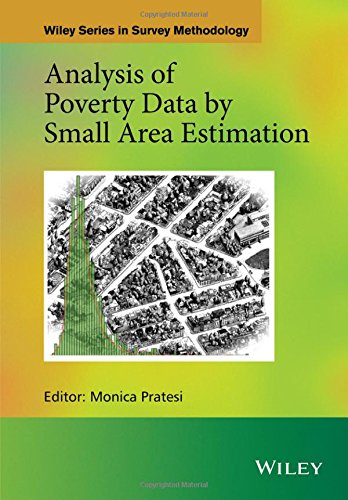

Most ebook files are in PDF format, so you can easily read them using various software such as Foxit Reader or directly on the Google Chrome browser.
Some ebook files are released by publishers in other formats such as .awz, .mobi, .epub, .fb2, etc. You may need to install specific software to read these formats on mobile/PC, such as Calibre.
Please read the tutorial at this link: https://ebookbell.com/faq
We offer FREE conversion to the popular formats you request; however, this may take some time. Therefore, right after payment, please email us, and we will try to provide the service as quickly as possible.
For some exceptional file formats or broken links (if any), please refrain from opening any disputes. Instead, email us first, and we will try to assist within a maximum of 6 hours.
EbookBell Team

0.0
0 reviewsA comprehensive guide to implementing SAE methods for poverty studies and poverty mapping
There is an increasingly urgent demand for poverty and living conditions data, in relation to local areas and/or subpopulations. Policy makers and stakeholders need indicators and maps of poverty and living conditions in order to formulate and implement policies, (re)distribute resources, and measure the effect of local policy actions.
Small Area Estimation (SAE) plays a crucial role in producing statistically sound estimates for poverty mapping. This book offers a comprehensive source of information regarding the use of SAE methods adapted to these distinctive features of poverty data derived from surveys and administrative archives. The book covers the definition of poverty indicators, data collection and integration methods, the impact of sampling design, weighting and variance estimation, the issue of SAE modelling and robustness, the spatio-temporal modelling of poverty, and the SAE of the distribution function of income and inequalities. Examples of data analyses and applications are provided, and the book is supported by a website describing scripts written in SAS or R software, which accompany the majority of the presented methods.
Key features:
Analysis of Poverty Data by Small Area Estimation offers an introduction to advanced techniques from both a practical and a methodological perspective, and will prove an invaluable resource for researchers actively engaged in organizing, managing and conducting studies on poverty.